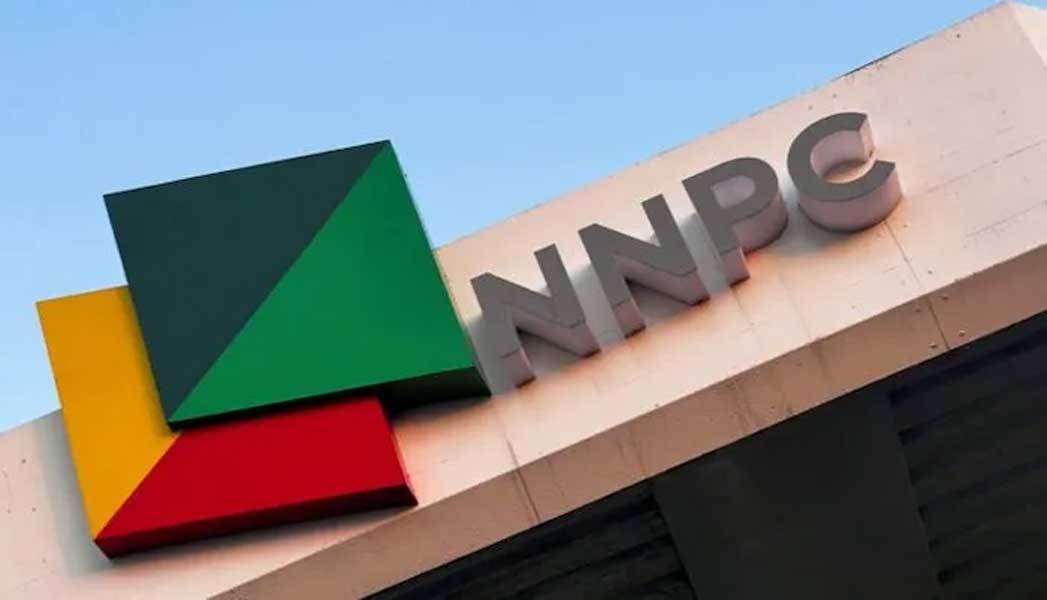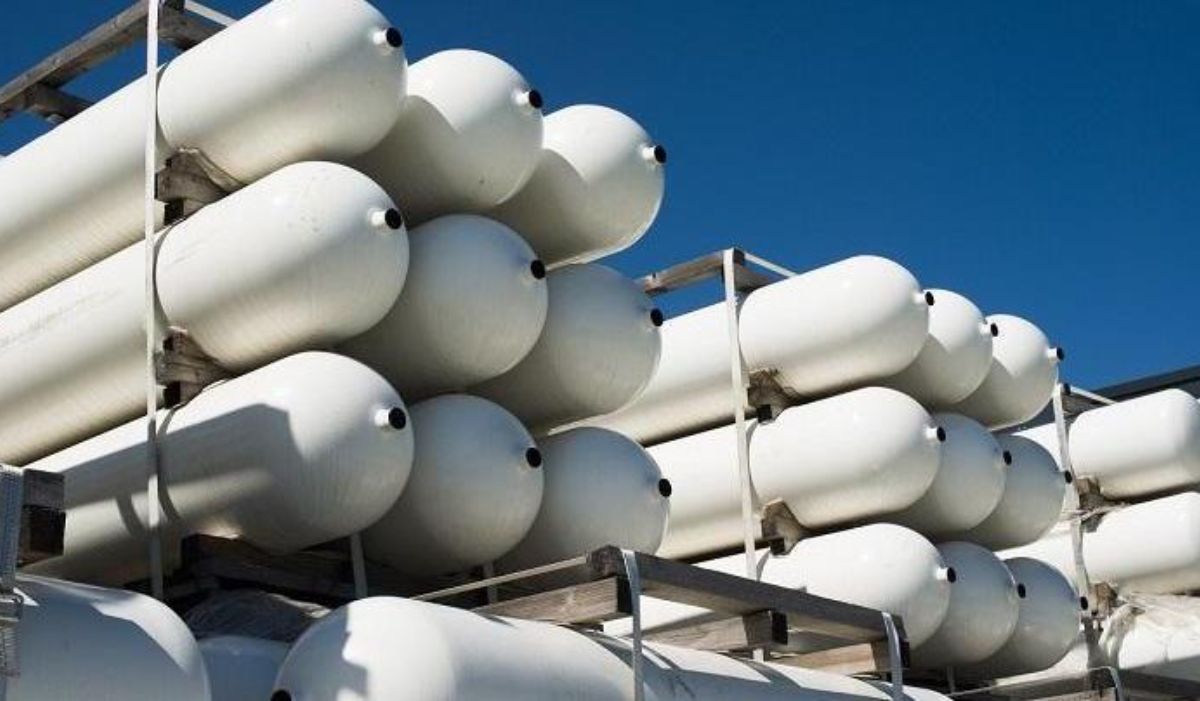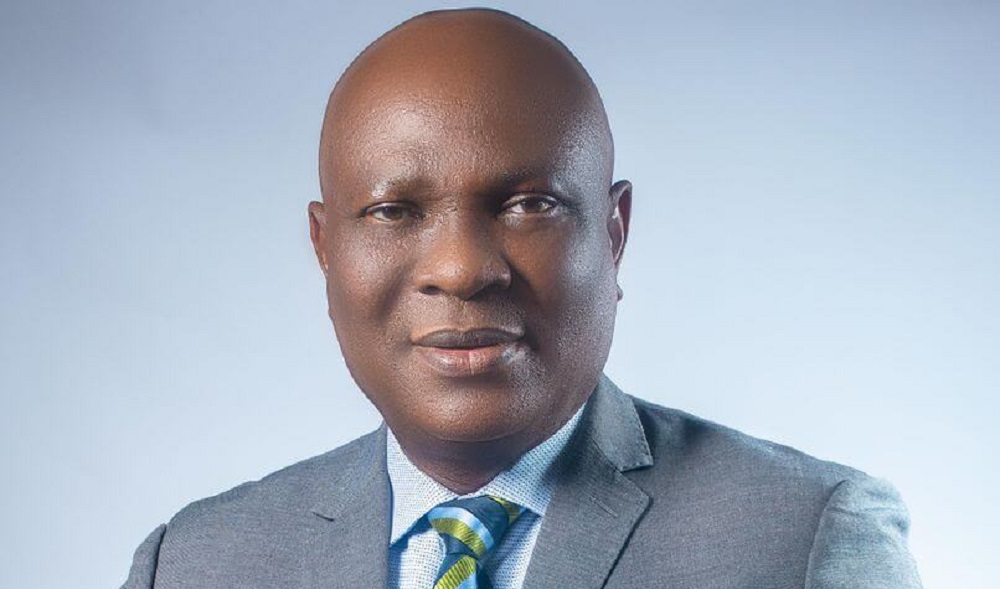Wood Mackenzie’s Review Highlights How New NNPC Leadership Can Build On Kyari’s Legacy To Unlock Upstream Potential

A new analysis by energy consultancy firm, Wood Mackenzie has highlights the challenges and opportunities facing Nigeria’s upstream oil and gas sector, emphasising how the Nigerian National Petroleum Company Limited under the new leadership, can build on the foundational reforms of the immediate past Group CEO Mele Kyari to unlock significant investment and production growth.
Speaking during a recent company update, analysts from Wood Mackenzie outlined insights drawn from their proprietary Lens platform and Corporate Strategy and Analytics Service (CSAS). The session featured Principal Analyst Mansur Mohammed, based in Abuja, and Corporate Research Director Nivan Borajerdi, based in Edinburgh.
Mohammed said the sector now has a clearer direction. “The President has set ambitious targets for NNPC and its new management, including attracting $60 billion in investment, achieving 3 million barrels per day in oil production, 10 Bcf per day in gas production, and reaching 500,000 barrels of refining capacity,” he stated.
The global energy landscape is undergoing seismic shifts, and Nigeria, endowed with substantial oil and gas reserves, finds itself at a pivotal crossroads. With the recent interest by investors caused by regulatory certainty and operational efficiencies, momentum is gradually returning to the upstream oil and gas sector.
Much of the foundation for this resurgence was laid under the leadership of the immediate past Group Chief Executive Officer of NNPC Limited, Mele Kyari. His tenure (2019–2025) marked a decisive break from legacy practices and repositioned the Nigerian National Petroleum Company as a commercially viable, investor-facing enterprise.
As a change agent, Kyari, like all transformational leaders, served the NNPCL with unremitting passion and enthusiasm, vision and purpose, intellectual curiosity and inspirational motivation. As the Group corporate leader, these intrinsic sterling qualities drove him to the climax of human exertions, where failure is unthinkable.
His work ethic, undiluted patriotism and strong desire to launch the oil behemoth on the path of irreversible transformation and progress enabled him to smash records.
As the NNPC looks to the future, the analysts said the company and indeed the entire sector must leverage past reforms and initiatives to realise Nigeria’s upstream potential.
Government Ambitions & The Evolving Energy Agenda:
Nigeria has outlined aggressive sectoral goals, which are $60bn in new investments, three million barrels of oil per day, 10 billion cubic feet per day (bcf/d) of gas and 500,000 bopd in domestic refining capacity
The experts said these targets are not merely aspirational—they are critical in growing the sector. Under Kyari, the NNPC aligned itself with these national ambitions by spearheading investment campaigns and focusing on critical infrastructure projects like the rehabilitation of domestic refineries and the construction of the Ajaokuta-Kaduna-Kano (AKK) gas pipeline.
Under Kyari’s leadership, the NNPC invested heavily in domestic gas footprint expansion projects through the delivery of the trans-Nigerian gas pipeline projects, which include the Escravos project, the Lagos pipeline system, and the Ajaokuta-Kano Gas Pipelines.
The current leadership of the NNPC can leverage some of these footprints by working with critical stakeholders to ensure the speedy completion of these projects, which Kyari started.
The Petroleum Industry Act (PIA), long delayed and finally passed in 2021, was a major catalyst. Kyari was instrumental in steering the company’s transition to a limited liability company (NNPC Ltd), allowing it to operate with the commercial autonomy necessary to attract capital and forge strategic partnerships.
The enactment of the Petroleum Industry Act, a landmark piece of legislation that took over 20 years to come, had the footprint of Kyari.
He successfully rallied diverse stakeholders to build the needed consensus, which paved the way for the passage of the bill into law. The law led to the establishment of new regulatory bodies such as the Nigerian Upstream Petroleum Regulatory Commission (NUPRC) and the Nigerian Midstream and Downstream Regulatory Authority.
NNPC’s Unique Operational Model & IPO Ambitions
Unlike many other National Oil Companies (NOCs), the experts at Wood Mackenzie said NNPC operates largely as a non-operator, depending heavily on international oil companies (IOCs) and indigenous firms for production. This approach has both advantages and risks. While it allows NNPC to spread operational risk, it also limits control and revenue margins.
Discussants at the podcast by Mackenzie noted that short-term oil production is expected to peak around 2026 at over 2 million bopd, with an increasing focus on gas. However, without portfolio rejuvenation, improved capital efficiency, and stronger commercialisation strategies, long-term sustainability remains uncertain.
Kyari took initial steps to reposition NNPC for a potential IPO by introducing transparency into the corporation’s finances—the first in its history to publish audited financial statements. He also streamlined operations and began shedding legacy debts, a critical prerequisite for investor confidence.
Competitive Benchmarking: Closing The Gap
Wood Mackenzie’s benchmarking analysis painted a challenging picture of higher operational costs per barrel compared to regional peers, lower cash flow margins, and above-ground risks such as militancy, theft, and regulatory bottlenecks
While Kyari was able to drive down Nigeria’s crude oil production cost from as high as $48 to $25 per barrel, the new leadership of the NNPC under Ojulari must continue on this trajectory with vigor, targeting cost reduction, governance reform, and investor alignment as it eyes public listing in the coming years.
To compete globally, NNPC must attract top-tier partners, improve its fiscal attractiveness, and streamline its bureaucratic processes. Kyari began that process by fostering stronger ties with local and international partners, encouraging asset divestments to competent indigenous firms, and advocating for infrastructure investment.
Notably, Kyari’s efforts to digitise pipeline surveillance and combat crude theft with advanced monitoring tools helped curb product losses and improve security. The new leadership of the NNPC must accelerate such innovations to create a more stable, predictable investment environment.
Nigeria’s upstream landscape is undergoing a structural shift. IOC divestments in the shallow water segment have opened the door for indigenous companies like Seplat and Oando. While this democratizes asset control, these companies often face capital constraints. Creative financing models and regulatory support will be critical to sustaining production in this tier.
The real prize, however, lies in deepwater. For the first time in a decade, the Bonga North project reached a Final Investment Decision (FID) in 2023—a milestone enabled in part by policy clarity introduced during Kyari’s tenure. Other major projects like Bonga Southwest, Preowei, and Owowo are under review and could follow suit.
These projects could collectively add hundreds of thousands of barrels to Nigeria’s daily output and generate significant fiscal revenues. Kyari was a champion of unlocking deepwater potential through better fiscal terms and streamlined licensing processes.
The new NNPC leadership must now provide the continuity and executional excellence required to convert these prospects into production.
Gas Development: Nigeria’s Untapped Powerhouse
Nigeria holds one of the largest gas reserves in the world, but gas development has historically lagged behind oil. The challenges are familiar: underdeveloped infrastructure, unattractive pricing regimes, and slow project execution.
Kyari had responded with the “Decade of Gas” strategy, designed to reposition gas as Nigeria’s transition fuel and economic enabler. Under his leadership, the AKK pipeline progressed despite funding constraints; the OB3 pipeline neared completion; NLNG Train 7 construction commenced, and discussions around floating LNG (FLNG) gained traction.
Pricing reforms, including the Gas Infrastructure Fund and improved domestic gas pricing frameworks, began improving investor sentiment. However, large-scale gas commercialisation remains a work in progress.
Discussants at the Mackenzie podcast are of the view that the NNPC, under the leadership of Ojulari, must fast-track midstream infrastructure, facilitate open access regimes, and resolve outstanding bottlenecks in gas monetisation, especially for domestic power, petrochemicals, and export markets.
Strategic Outlook: A Future Driven By Reforms
As the Wood Mackenzie podcast underscores, NNPC is the fulcrum upon which Nigeria’s upstream transformation will turn. The road ahead is clear, but not without hurdles. For instance, in unlocking access to capital, the experts at Mackenzie stated that the NNPC must continue courting both foreign and domestic investors while implementing fiscal reforms that improve project bankability.
In terms of cost reduction, they advocated that the new leadership tow the line of its predecessor by intensifying operational discipline, procurement reforms, and technology deployment.
Clear pricing, secure infrastructure, and supportive regulation were also recommended to unlock value, while large capital-intensive ventures will define the next era of Nigerian production growth.
All of these require strong, focused leadership that will ensure the continuation of the reformist path charted by Kyari.
From driving transparency and profitability to catalysing gas infrastructure and positioning NNPC for commercial success, Kyari’s legacy is both foundational and forward-looking. The new NNPC has inherited not only a restructured institution but a strategic vision that, if sustained, can elevate Nigeria’s upstream sector to global competitiveness.
Ojulari gave credence to this when he assumed duties as the NNPC GCEO.
In a brief handover ceremony held at the NNPC Towers, the GCEO commended Kyari for his contributions to the growth of NNPC Ltd and his sterling service to the nation.
He disclosed that the objective of his management was to build on the successes of his predecessor and take the company to the next level.
He said, though the targets set for his management were quite enormous, he would be relying on the co-operation of the Management and staff of the company, as well as the counsel of his predecessor, to achieve the set targets.
“I will be counting on your support. I will need it. I will be coming around to seek your counsel,” Ojulari told Kyari.
The challenge now is execution. With the right partnerships, political will, and adherence to reformist principles, Nigeria’s oil and gas sector can move from potential to performance, securing energy, revenue, and development for decades to come.
Wood Mackenzie’s Review Highlights How New NNPC Leadership Can Build On Kyari’s Legacy To Unlock Upstream Potential is first published on The Whistler Newspaper




